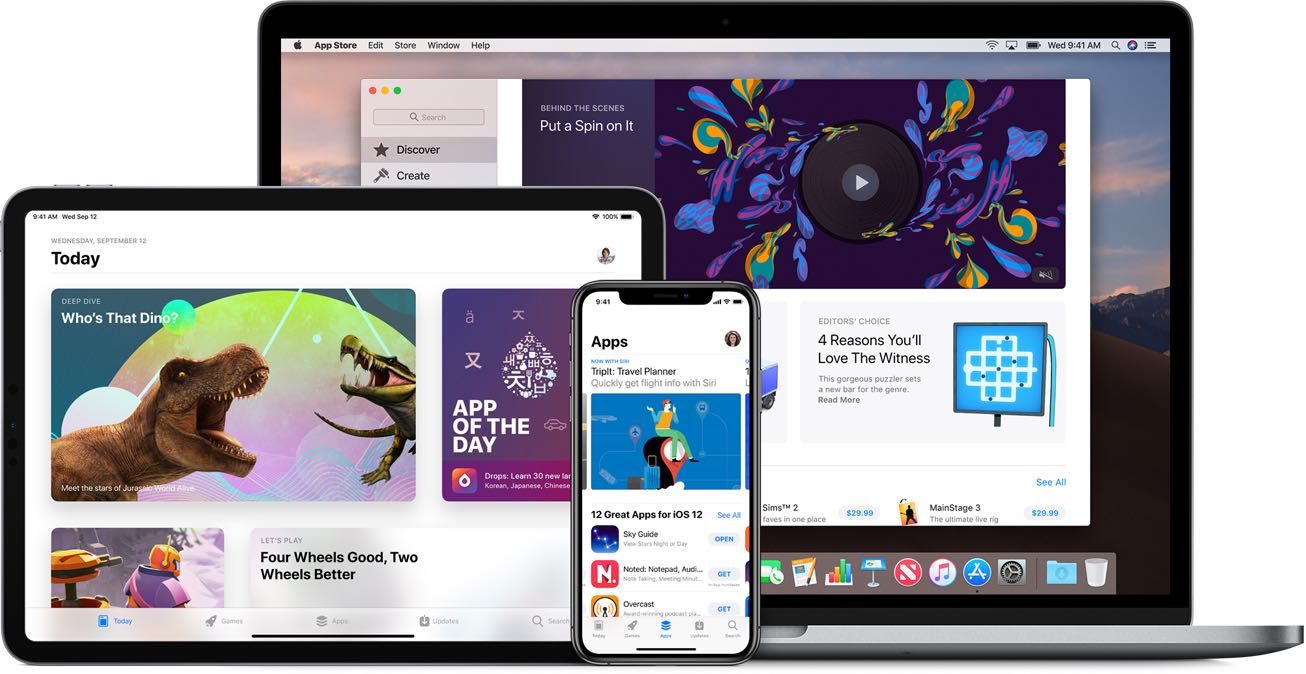
In line with a broader investigation into competition within digital markets, a United States House Committee has sent out a letter to Apple’s CEO to try and learn more about policies for the App Store.
The letter was sent directly to Tim Cook, requesting the chief executive handle sending over a wide assortment of documents, emails, and other communications pertaining to a wide assortment of topics, but that all primarily focus on the App Store in some way or another. The U.S. House Committee is even looking for information regarding product repairs as well.
The House Committee has sent similar letters to other major tech companies, including Amazon, Facebook, and Google. For Apple, the Committee has requested the company respond no later than October 14, 2019.
As far as what the House Committee is looking for, MacRumors has a breakdown:
- Apple’s decision to remove from the App Store or to impose any restrictions on certain parental control apps, including Freedom, Kidslox, Mobicip, OurPact, and Qustodio
- Apple’s App Store algorithm for determining rankings in search results
- Apple’s policy related to the App Store’s in-app purchase mechanism and its revenue split
- Apple’s policy regarding whether apps are permitted to include in-app links to non-Apple payment systems
- Apple’s policy regarding whether users can set non-Apple apps as default, such as web browsers and music, maps, and email apps
- Apple’s policy regarding whether to allow any third-party app store beyond the App Store on the iPhone
- Apple’s decision to “sherlock” any functionality from third-party apps, including any discussions about Clue, Duet Display, and SwiftKey
- Apple’s policy regarding whether third-party web browsers must use a specific rendering engine, such as WebKit
- Apple’s restrictions on third-party repairs
- Apple’s decision to offer discounted iPhone battery replacements throughout 2018, or the actual or projected effects of this decision, including any effect on iPhone sales
- Apple’s decision to introduce the Independent Repair Provider Program
- Apple’s agreement to sell products on Amazon and corresponding move to limit unauthorized resellers on Amazon
As you can see, many of these requests have been topics of breaking news in the past. Just recently we heard that Apple had changed the algorithm within the App Store in an effort to reduce the presence of its own first-party apps, as they were beating out third-party offerings in a major way.
And in April of this year, Apple explained why it had removed a variety of apps that mimic its stock Screen Time feature, along with other parental control apps already available in the App Store.
The House Committee even wants more information on why Apple introduced a broader repair program that allows independent shops to repair out-of-warranty iPhones.
What this will actually accomplish when it’s all said and done remains to be seen.